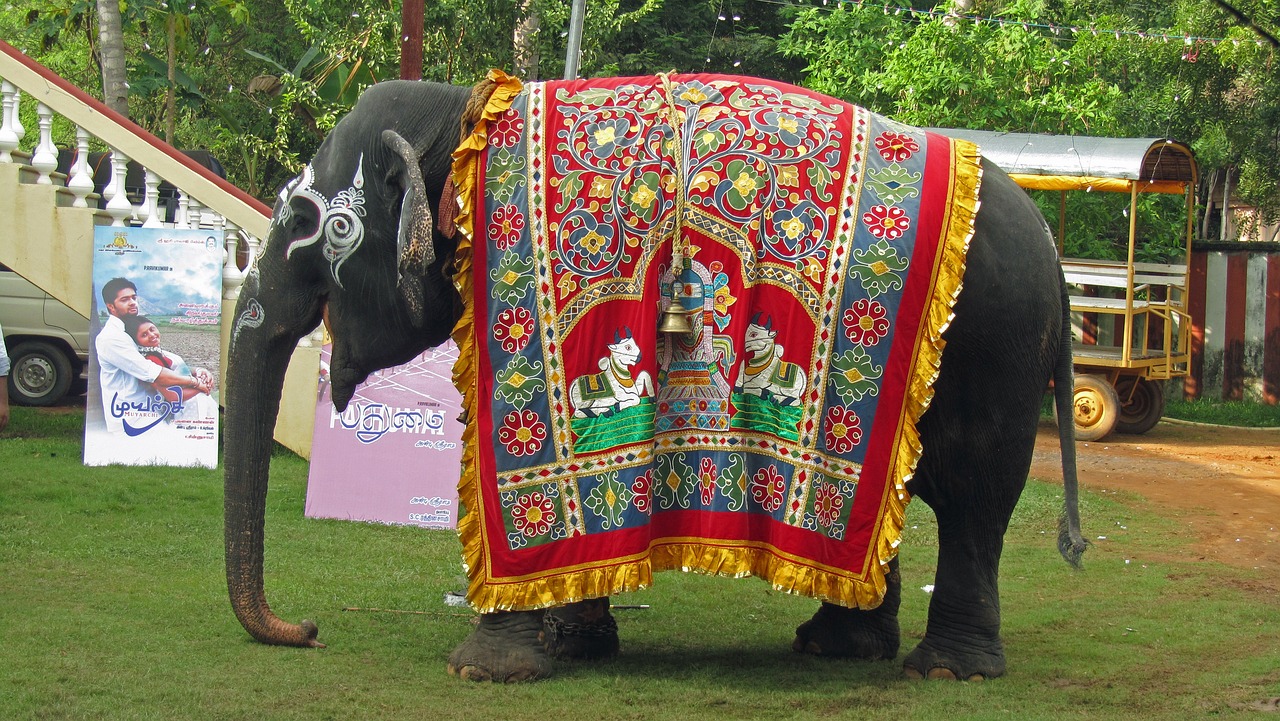Addressing Voter Registration Disparities Among Socioeconomic Groups
betbhai book, cricbet99 login, diamondexch9 login:Addressing Voter Registration Disparities Among Socioeconomic Groups
In a democratic society, the right to vote is one of the most fundamental rights that citizens enjoy. However, voter registration disparities among different socioeconomic groups have been a persistent issue that can hinder the democratic process. It is crucial to address these disparities to ensure that all eligible individuals have the opportunity to participate in elections and have their voices heard.
Why do voter registration disparities exist?
Voter registration disparities among socioeconomic groups can be attributed to various factors, including educational attainment, income level, access to resources, and mobility. Individuals from low-income households or with lower levels of education may face barriers to voter registration, such as lack of awareness about the registration process, limited access to transportation to registration sites, or difficulty obtaining necessary identification documents.
Additionally, voter registration efforts in marginalized communities may be underfunded or lack sufficient resources, making it more challenging for individuals in these groups to register to vote. These disparities can perpetuate existing inequalities and disenfranchise certain segments of the population, leading to underrepresentation in the political process.
How can voter registration disparities be addressed?
To address voter registration disparities among socioeconomic groups, it is essential to implement targeted outreach and engagement strategies that focus on reaching marginalized communities and individuals facing barriers to registration. Here are some effective strategies:
1. Community-based outreach: Partnering with community organizations, churches, schools, and grassroots groups can help reach individuals who may not have access to traditional voter registration methods. Hosting registration drives at community events or places of worship can make the registration process more accessible and convenient for marginalized populations.
2. Educational campaigns: Providing information about the voter registration process, deadlines, and requirements through targeted educational campaigns can help raise awareness and empower individuals to register to vote. Utilizing social media, radio, and other communication channels can help reach a broader audience and dispel myths or misconceptions about voting.
3. Mobile registration options: Offering mobile registration options, such as online registration portals or mobile registration units, can make it easier for individuals to register to vote, especially those who may have limited access to transportation or face mobility barriers. These options can increase convenience and participation rates among marginalized communities.
4. Voter registration assistance: Providing voter registration assistance services, such as language interpretation, voter registration forms, or assistance with completing registration documents, can support individuals who may face language or literacy barriers. These services can ensure that everyone has equal access to the registration process.
5. Voter rights education: Educating individuals about their voting rights, including the right to vote without fear of intimidation or discrimination, can empower marginalized communities to participate in the political process. Understanding their rights can help individuals feel more confident in registering to vote and exercising their democratic voice.
6. Collaboration with government agencies: Collaborating with government agencies, such as departments of motor vehicles or social services, to integrate voter registration processes into existing services can help streamline the registration process and reach individuals who interact with these agencies regularly. This partnership can increase voter registration rates and promote civic engagement among disadvantaged populations.
Frequently Asked Questions
Q: How can I check if I am registered to vote?
A: You can check your voter registration status online through your state’s election website or by contacting your local election office. It is essential to verify your registration status regularly, especially before upcoming elections, to ensure that your information is up to date and accurate.
Q: Can I register to vote online?
A: Many states offer online voter registration options, allowing eligible individuals to register to vote conveniently from their homes. Check your state’s election website to determine if online registration is available and follow the instructions to complete the registration process.
Q: What identification documents are required to register to vote?
A: The identification documents required to register to vote may vary by state. Common forms of identification include a driver’s license, state ID card, or social security number. Some states may also accept utility bills or other proof of residency documents. Check your state’s registration requirements for specific information on acceptable identification documents.
Q: What should I do if I encounter barriers to voter registration?
A: If you encounter barriers to voter registration, such as difficulty accessing registration sites or lack of information about the registration process, reach out to community organizations, advocacy groups, or your local election office for assistance. These resources can help address your concerns and support you in completing the registration process.
In conclusion, addressing voter registration disparities among socioeconomic groups is essential for promoting democratic participation and ensuring equal access to the political process. By implementing targeted outreach strategies, providing educational campaigns, offering mobile registration options, and collaborating with government agencies, we can empower marginalized communities to register to vote and exercise their democratic rights. Let’s work together to create a more equitable and inclusive electoral system for all citizens.







